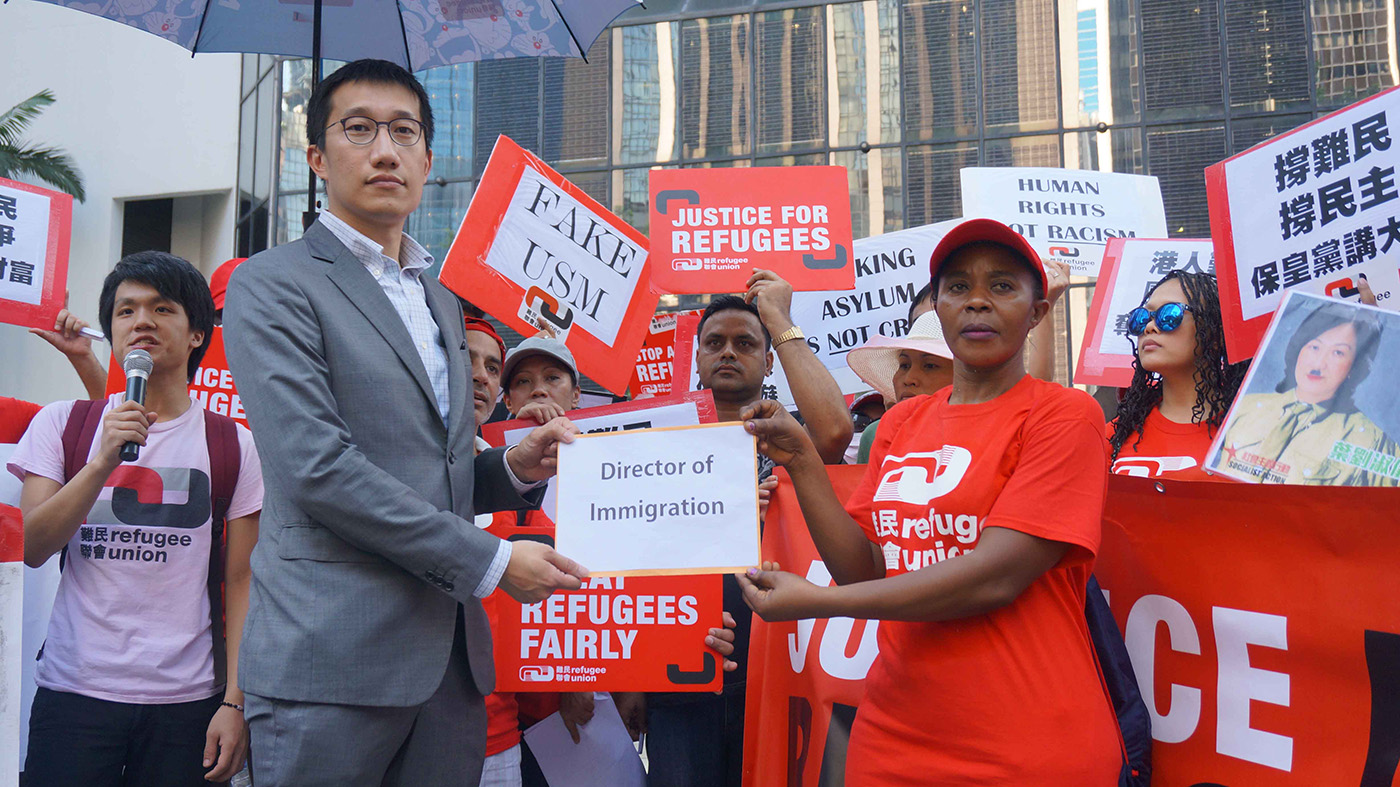
In popular and official discourses, the narrative of “refugees abusing welfare” is more common than the narrative of “welfare abusing refugees”. The parameters of assistance are well-known, though few outside the refugee community take them to heart: $1500 for rent, $1200 in food coupons and a few hundred dollars for utilities and transport. In other words, the mathematics of destitution!
The government justifies these miserly levels of assistance to avoid “creating a magnet effect”, perhaps overlooking the fact that the same words and strategy have been used for a decade during which the number of refugees has grew from the low thousands to the current 12,000 plus. The success of welfare policies designed to avoid attracting ‘rent and food beggars’ is highly debatable.
Further, the law advises that refugees are provided with comprehensive assistance, thus removing the need to work illegally. Yet it is arguable that many refugees are compelled to work precisely because their assistance is manifestly inadequate. Indeed even those recognized by authorities as “genuine” claimants are left in a state of destitution identical to everyone else.
Tortured so brutally by the police in his country that he “cannot lift more than 5 kilograms”, one successful USM claimants, let’s call him AJ, despairs about being homeless, again. AJ suffers from high blood pressure, diabetes and hypertension not experience prior to arriving here. His illness was perhaps exacerbated by poor diet, lack of proper medical assistance and prolonged physical and psychological suffering entailed by the horrible conditions of seeking asylum in Hong Kong.
Further, AJ lamented to Vision First that he was much happier before he received the positive result. “Before I was happier because my friends supported me. After I won, they became jealous and stopped talking to me. I call and they don’t answer the phone.” Paradoxically this experience is shared by other refugees who are shunned by friends and co-nationals when news of their success spreads.
AJ’s circumstances are not dissimilar to the hardship experienced by other successful refugees, and most asylum-seekers for that matter. The first problem we note is that it took Hong Kong Government ten year and one month to offer protection despite no new evidence being introduced in a decade. The second problem is that AJ is homeless, again. He laments, “I haven’t slept for five days as I worry what will happen and where to keep my things. What is the meaning of this protection, if I cannot get a room for $1500 (in rent assistance)? Does this piece of paper get me a room now?”
Without friends and family, without savings or charitable assistance, AJ relies entirely on the pittance of government assistance he gets from ISSHK, through the ‘humanitarian assistance’ of the Social Welfare Department. In reality, AJ has been abandoned in a state of deep and desperate destitution from which maybe only death will save him, as the state conditions behind his exile are unlikely to change in his lifetime.
AJ wrote to Immigration pleading for the right to work. Similar appeals typically go unheeded. The life of a successful claimant does not change radically with acceptance. In fact, it may get worse. It seems that in many cases it is not the refugees who are abusing welfare, but welfare that is abusing refugees.
What arguments does the government put forward to justify its indifference towards needless human suffering when so little could make a big difference to those it recognized as being in need of protection and thus not removable in the foreseeable future?


